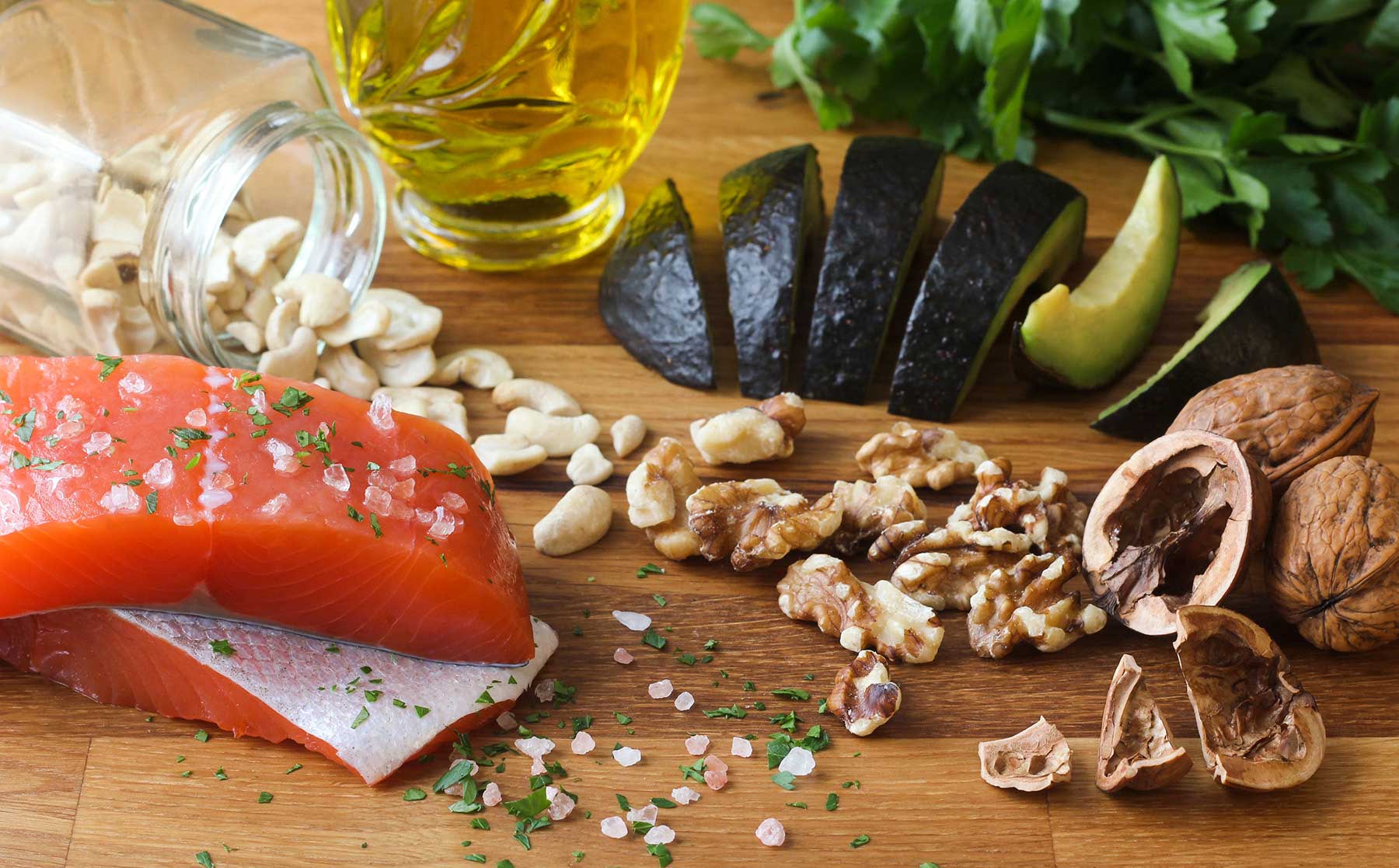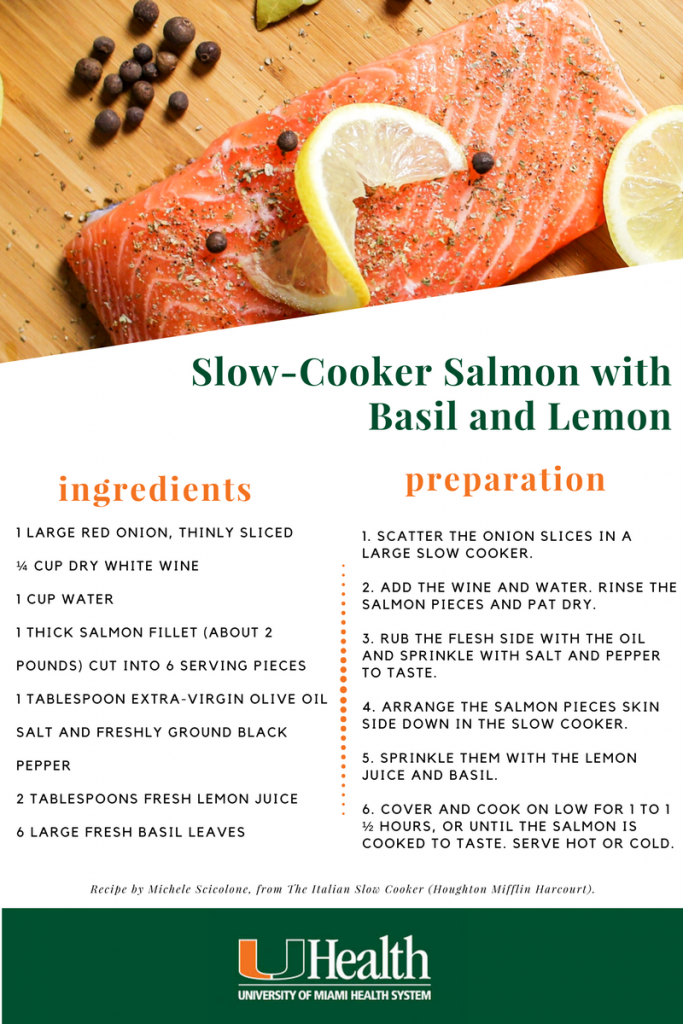Seven Simple Steps to Embrace the Mediterranean Diet

Diets come and go, but Mediterranean is here to stay. Why?
Research shows that foods traditionally associated with countries along the Mediterranean Sea reduce the risk of heart disease, stroke, and certain cancers. They also help people maintain a healthy weight. “The Mediterranean pattern of eating includes foods that are delicious and have noted health benefits on their own,” says Sheah Rarback, a registered dietitian nutritionist with the University of Miami Health System.
Rarback remains firm in her opinion, despite controversy surrounding the original research promoting the benefits of this diet. The researchers who originally studied this way of eating retracted their paper due to problems with the way the study was carried out. After spending a year reanalyzing their data, they republished it in the New England Journal of Medicine with the same result: the Mediterranean diet cuts the risk of strokes and heart attacks for high risk individuals by approximately 30 percent. Though some physicians remain skeptical, Rarback notes, “No matter the name, any eating pattern that includes a variety of whole foods such as vegetables, fruits, lean protein, and whole grains has my vote.”
With that in mind, she shares the following tips to get more Mediterranean foods in your diet.
1) Limit meat.
Use red meat sparingly, as you would a condiment. Or opt for fish or chicken instead. Also, include more plant-based meals in your diet and skip meat altogether at least one day a week. Many traditional Mediterranean foods, including beans and nuts, are hearty enough you won’t miss the meat.
2) Eat your veggies.
Build more meals around vegetables, adding them to soups, stews, pasta, or in simple side dishes, such as sliced fresh tomatoes.
3) Keep it fresh and nutritious.
Favor fresh produce over canned and whole foods over processed. You might serve seasonal fruit instead of ice cream for dessert and cook whole grain pasta instead of the highly refined white flour variety.
4) Go for good fats.
Olive oil, olives, nuts, seeds, and avocados boost brain and heart health. Eaten in moderation, they help lower LDL “bad” cholesterol. While you’re at it, replace saturated fats such as butter with blends made of canola or olive oil and replace your high-fat cheddar with lower-fat feta.
5) Favor fish.
A delicious stand-in for red meat, fish helps lower blood pressure and triglycerides. Aim to eat it twice a week.
6) Skip the salt.
Too much sodium causes fluid retention and increases blood pressure. Gradually replace salt with a dash of herbs and spices—the fresher, the better.
7) Wine down wisely.
Red wine is commonly included in Mediterranean meals, so salut! In some studies, moderate alcohol consumption (5 oz. daily for women and men over 65; 10 oz. daily for men) appears to lower the risk of heart disease.
Rethinking your pantry is a great way to get more Mediterranean in your diet, but socialization and regular exercise are important components of this healthy lifestyle, too. Traditionally speaking, that’s more likely to mean a walk with family or friends than pacing on a treadmill.

Nancy Moreland is a contributing writer for the UMiami Health News Blog. She has written for several major health care systems and the Centers for Disease Control and Prevention. Her writing also appears in the Chicago Tribune.
